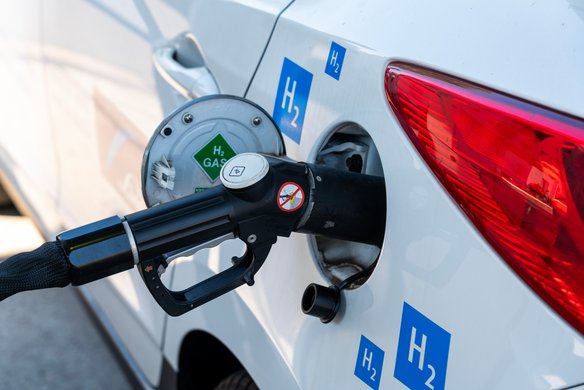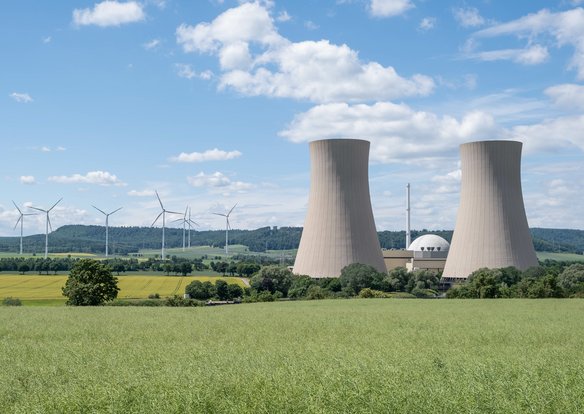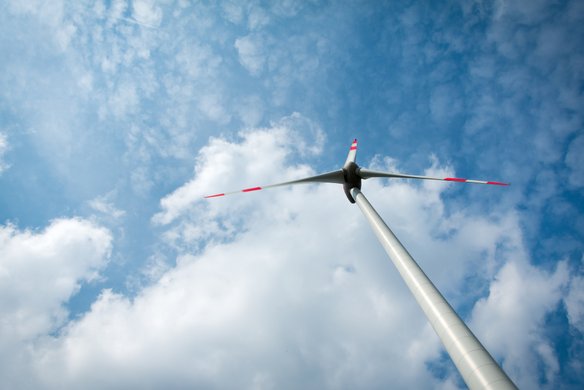Press releases

24/06/2025
RFNBO: TÜV NORD recognised as a certification body for green hydrogen
Automotive
Renewable energy
Auditing & Certification
Press release
Quality management
Transportation transition
Hydrogen

23/06/2025
Nuclear power: TÜV NORD receives DAkkS accreditation for ISO 19443
Auditing & Certification
Press release
Quality management
Supply Chain Management

10/06/2025
WIND-consult becomes part of TÜV NORD GROUP
Auditing & Certification
Press release
Functional safety
Information security
Crisis and risk management

13/05/2025
Appointment of Inga Dransfeld-Haase to the Board of Management of TÜV NORD AG
Press release
Corporate

12/05/2025
TÜV NORD GROUP launches QKD research laboratory: A milestone for the future of secure quantum communication
Information Technology (IT)
Aerospace industry
Press release

30/04/2025
New TÜV NORD GROUP component testing centre operational in Verl
Auditing & Certification
Press release
Functional safety
Information security
Crisis and risk management

29/04/2025
DAkkS akkreditation for ISO/SAE 21434 managementsystems
Press release
Cyber Security
Electromobility
Information security


